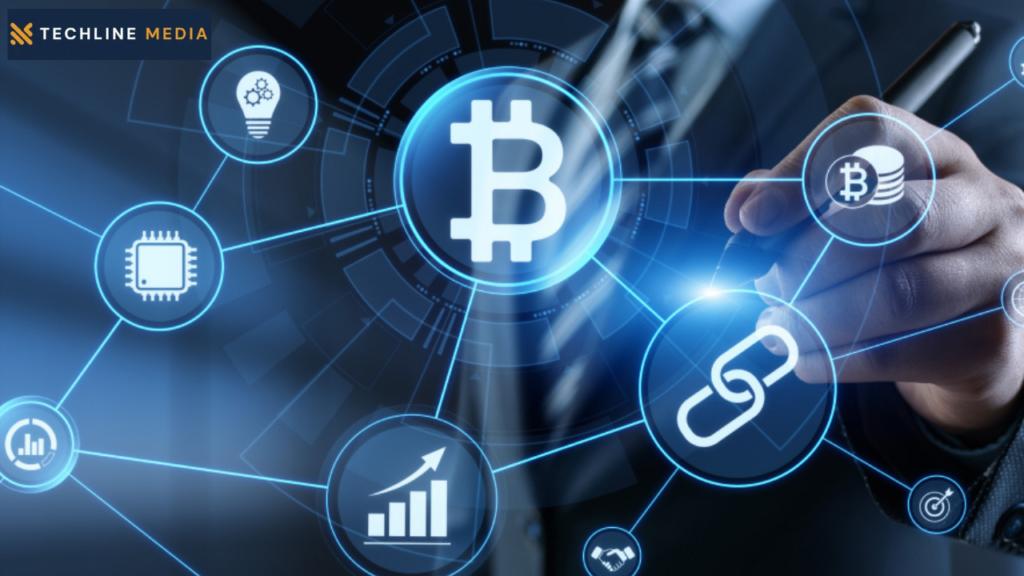
In recent years, blockchain technology has transcended its association with cryptocurrencies like Bitcoin, offering transformative solutions across diverse industries. While cryptocurrencies remain a notable application, blockchain’s decentralized and transparent nature has sparked innovations in supply chain management, digital identity verification, smart contracts, decentralized finance (DeFi), healthcare data security, and voting systems.
–
Blockchain technology is revolutionizing supply chain management by providing a transparent and immutable ledger. This innovation enhances traceability, reduces fraud, and ensures authenticity throughout the supply chain process. Companies can utilize blockchain to track products from origin to destination, improving efficiency and customer trust.
–
Blockchain offers a secure and verifiable way to manage digital identities. By storing identity information on a decentralized ledger, blockchain ensures data integrity and reduces the risk of identity theft. This technology enables individuals to control their personal information securely, enhancing privacy and trust in digital interactions.
–
Smart contracts are self-executing contracts with predefined conditions written into code on a blockchain. They automate and enforce agreements, eliminating intermediaries and reducing transaction costs. Industries are adopting smart contracts for various applications, such as insurance claims processing, supply chain logistics, and automated payments.
–
Decentralized finance (DeFi) leverages blockchain to offer financial services without traditional intermediaries like banks. Users can access lending, borrowing, trading, and asset management directly through decentralized applications (DApps). Blockchain’s transparency and security enable global financial inclusion and empower individuals to manage their finances autonomously.
–
Blockchain enhances healthcare data security by providing a decentralized and tamper-proof record of medical transactions. It ensures data integrity, facilitates interoperability between healthcare providers, and strengthens patient privacy. Blockchain solutions are streamlining processes like insurance claims processing, clinical trials management, and secure patient data sharing.
–
Blockchain-based voting systems offer transparent and secure digital voting solutions. By recording votes on an immutable ledger, blockchain ensures the integrity of electoral processes, mitigating risks of fraud and manipulation. This technology enhances voter participation, facilitates remote voting options, and provides auditable election results.
–
Beyond its origins in cryptocurrency, blockchain technology is reshaping industries and enhancing trust, transparency, and efficiency across global markets. As businesses and governments embrace blockchain’s potential, the technology continues to drive innovation and pave the way for a more secure and interconnected future.
Explore how blockchain is revolutionizing supply chains, digital identities, financial services, healthcare, and governance—and stay ahead in the digital age.
